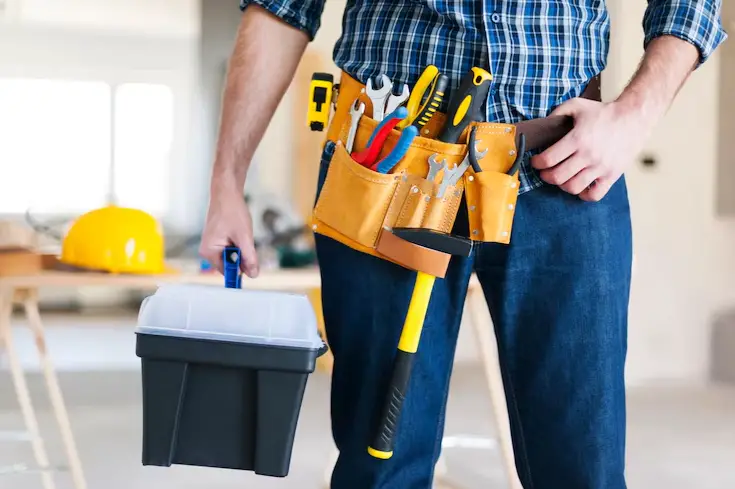Simple Fixes That Can Prevent Costly Home Repairs

Your home is likely one of your most valuable investments, so it makes sense to take good care of it. While major repairs can be expensive and stressful, many costly problems can actually be prevented with a few simple, proactive steps. From leaky pipes to roof damage, here are several easy fixes you can make today to avoid big headaches tomorrow.
Stop Small Leaks Before They Grow
One of the most common causes of major water damage in homes is a small leak that goes undetected. Whether it’s a dripping tap, a loose pipe fitting, or a crack in a seal around a sink or tub, even a slow leak can lead to mold, wood rot, or structural damage if ignored. A quick inspection under sinks and around toilets and tubs every few months can help catch minor issues. Replacing worn-out washers or resealing joints is usually inexpensive and can be done in minutes with basic tools.
Clean Out Gutters Regularly
Clogged gutters can seem harmless, but when water can’t flow freely, it often backs up under your roof or pools around your foundation. This can lead to roof leaks, mold, and even cracks in your home’s foundation. Cleaning your gutters at least twice a year—especially in autumn and spring—can save you thousands of dollars in repairs. Also, consider installing gutter guards to reduce buildup of leaves and debris.
Don’t Ignore Noisy Pipes
Pipes that rattle, bang, or make other unusual noises are trying to tell you something. It could be a sign of high water pressure, loose fittings, or air in the lines—all of which can cause wear and lead to leaks over time. It’s a good idea to have a plumber inspect noisy plumbing before it leads to burst pipes or water damage. For residents in Tasmania, Victory Plumbing Hobart offers reliable inspections and affordable maintenance services.
Seal Gaps and Cracks Around Windows and Doors
Gaps around windows and doors don’t just increase your energy bills—they also allow moisture to get in, which can damage wood and drywall over time. Sealing these gaps with caulk or weatherstripping is an easy weekend task. It can help prevent drafts, reduce energy use, and stop water infiltration before it leads to mold or decay.
Test Sump Pumps and Drains
If your home has a sump pump, make sure it’s working properly—especially before rainy seasons. Pour a bucket of water into the sump pit to check that it activates and pumps the water away efficiently. Also, ensure that your floor drains and exterior drains are clear of debris. If your drainage system fails during a storm, the resulting flood damage can be extensive and expensive.
Replace HVAC Filters and Clean Vents
Your heating and cooling systems need airflow to operate efficiently. Dirty filters force them to work harder, which can lead to breakdowns or even overheating. Change filters every 1–3 months depending on usage, and vacuum out dust from vents and registers. This simple routine not only extends the life of your HVAC system but also improves indoor air quality.
Keep an Eye on the Roof
Your roof is your home’s first line of defense against the elements. Missing shingles, cracked flashing, or damaged vents can allow water to seep in over time. Inspect your roof at least once a year (preferably with binoculars or from a safe vantage point) and after major storms. If you notice anything concerning, have a professional inspect it. Fixing a few missing shingles is far cheaper than replacing insulation and ceilings due to long-term leaks.
Final Thoughts
Home maintenance doesn’t always require a major investment of time or money. In fact, many of the most effective preventive measures are simple enough for any homeowner to do with a little awareness and effort. Staying ahead of small issues can protect your home’s value and help you avoid costly repairs down the line. Prevention is almost always more affordable than the cure—especially when it comes to protecting your home.
